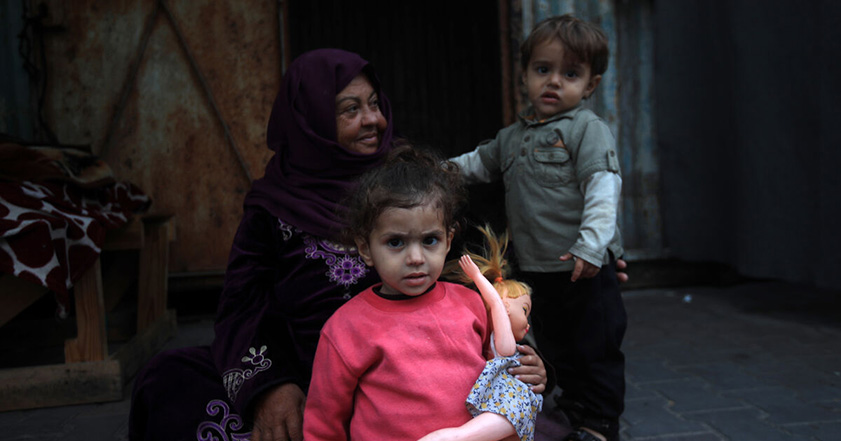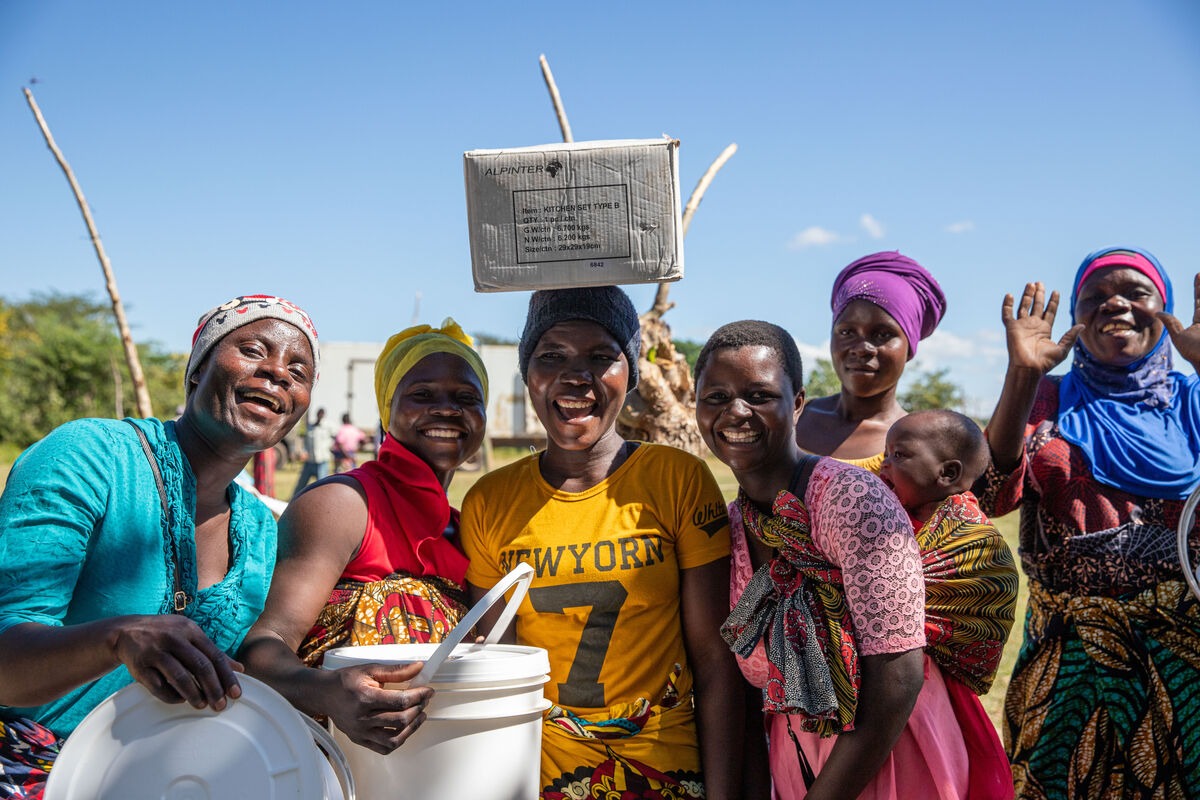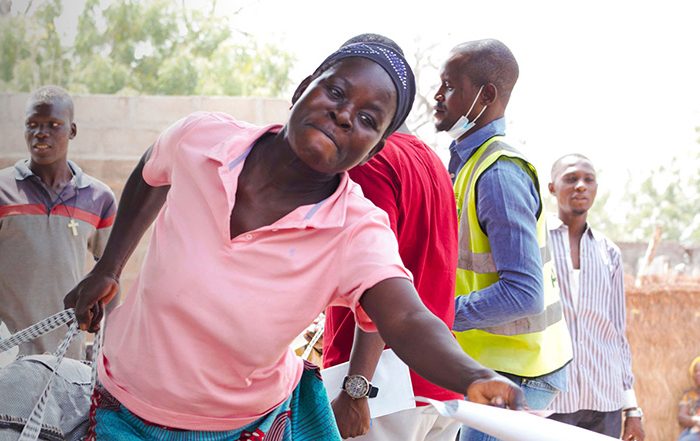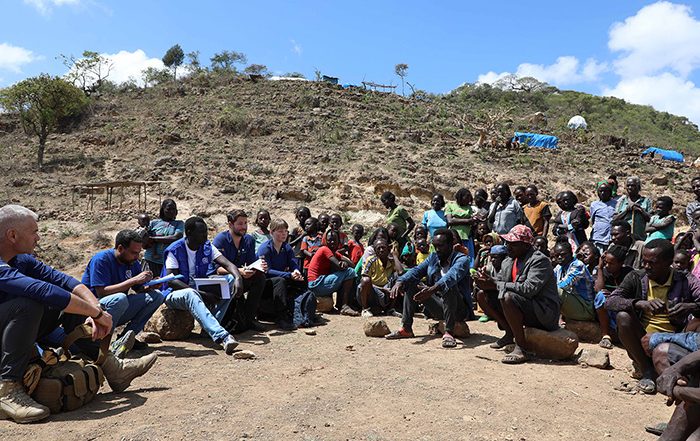Conflicts devastate lives. People living in conflict zones can have homes destroyed in bombardments or be forced from their homes by invading forces. Our first conflict response was in 2002, when we supported people in Afghanistan. At the time of this blog, 8 of our 13 active responses are to support people displaced by conflict.
All our responses have different challenges we need to consider. You can learn more about this in our response criteria. The safety of our teams and partners is paramount. Richard Nixon-Eckersall, Head of Security, has shared some thoughts on how we respond to conflicts.
Why does ShelterBox respond to conflicts?
ShelterBox’s vision is “No one without shelter after disaster”. Conflict is no exception to this. ShelterBox’s involvement in any conflict related response must always be guided by neutrality and impartiality.
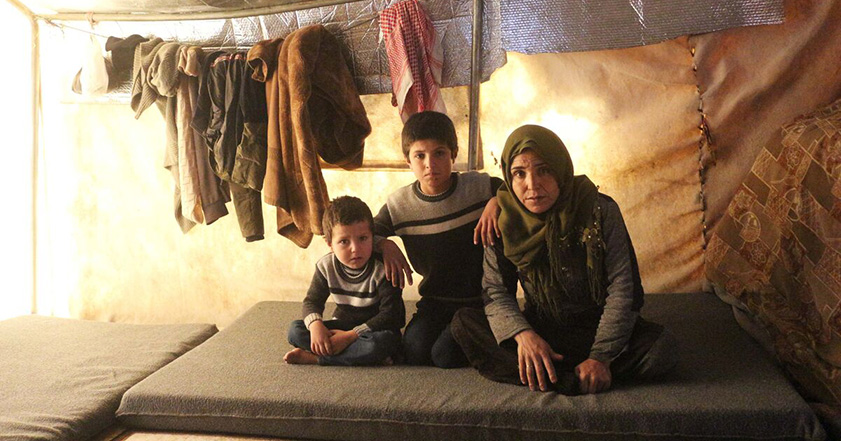
What are the most important things we consider when responding to conflicts?
First and foremost, ShelterBox has a duty of care to its staff. From a safety and security perspective we must do our utmost to ensure that team members responding to conflicts are not knowingly put in a position of unnecessary risk. Clearly this is easier said than done. But great efforts are made to understand the known risks associated with any response. We then seek to mitigate these to an acceptable level. The ShelterBox safety and security team does its very best not just to understand the risks to our team members but also to the organisation and, just as importantly, to our partners and those we are seeking to support.
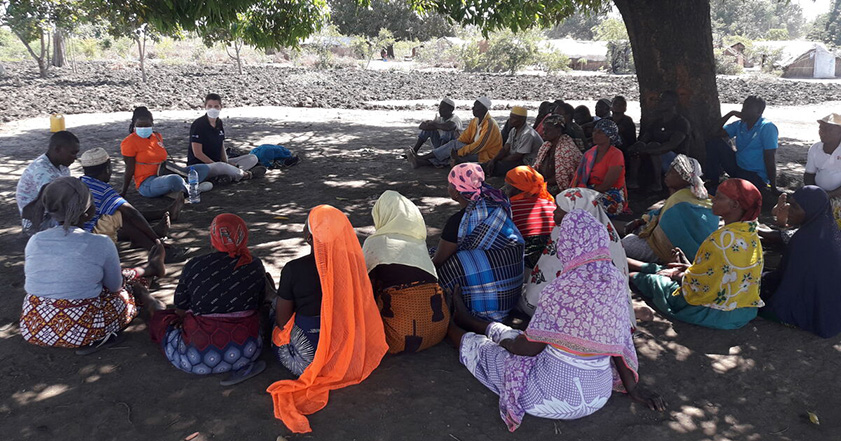
Why do we work with partners to respond to conflicts, and what do we need to think about when working with them?
ShelterBox works with partners as this approach gives us immediate access to in-country subject matter expertise. This approach is also central to ShelterBox’s strategic objective of localisation. This is key for capacity building. With this approach comes a responsibility to ensure that our partnership is based on equitable risk sharing. We recognise that, unlike our partners, our presence as a disaster relief organisation is temporary.
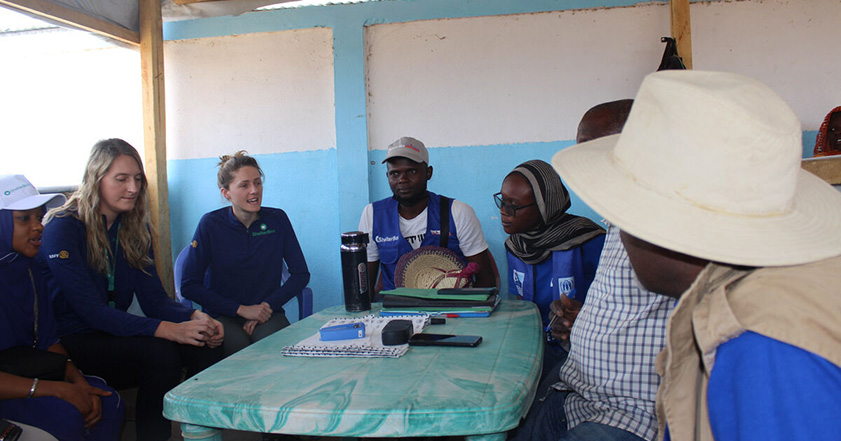
What steps do we take to protect our staff and partners who are responding to conflicts?
ShelterBox runs a comprehensive pre-deployment training programme for its team members. This training can be augmented, on a case-by-case basis, with additional training to better prepare our team members for the challenges of working in hostile environments. Recently, we have begun offering and delivering workshops to our partners where an element of the training focuses on safety and security. These workshops are run in a collaborative way, recognising that our partners will often have established processes for managing specific risks. We understand the importance of learning from each other.
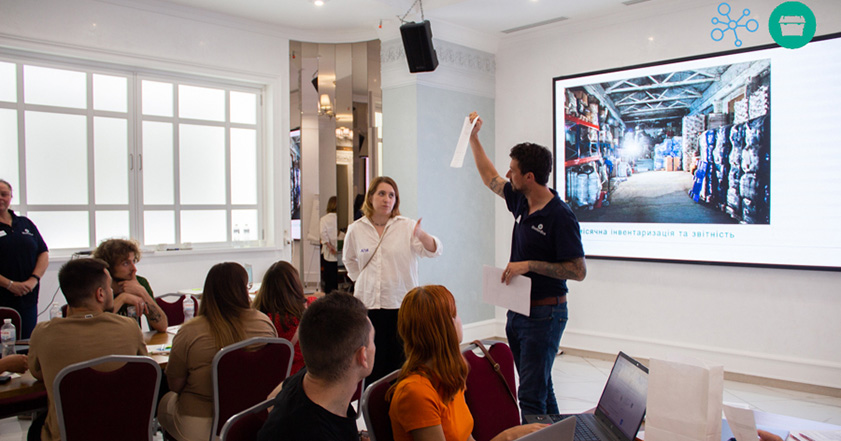
How are our team supported during and after responding in conflict areas?
Throughout any response our team members are supported by a dedicated Travel Security Manager (TSM). The TSM provides a remote 24/7 immediate point of contact for the team to be able to reach back to for advice and support. We are also supported by International SOS, an organisation who provide detailed country-specific information on a wide range of subjects including medical support, health concerns, crime, terrorism, political situation, national embassy details etc. On return from a response, every team member is individually supported with a debriefing session from one of our Trauma Risk Management (TRiM) practitioners. The TRiM process gives individuals the opportunity to talk confidentially about what they have experienced and to establish if there is further support needed to help a team member return to routine working. This support is not a one-off event, and our TRiM practitioners are on hand to provide support on an as required basis. Learn more about TRiM at ShelterBox.
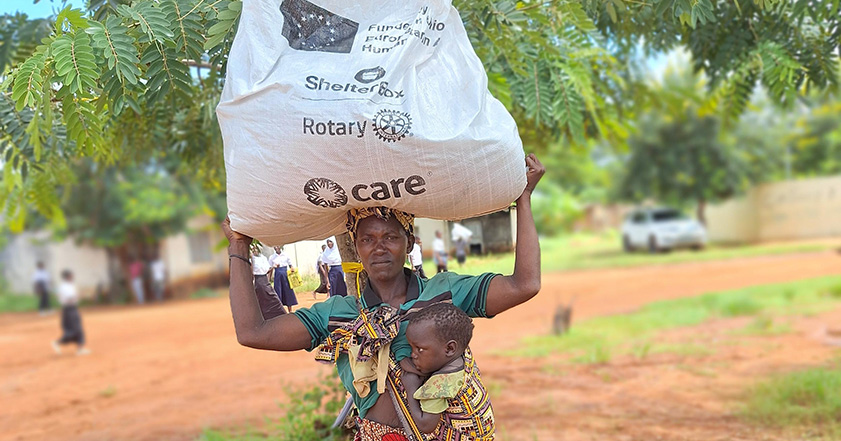
Despite the challenges, we think it’s important to support those who lose their homes to conflicts. From Gaza to Syria, we want to ensure that no one is left without shelter.
Support our work today. Donate now.

